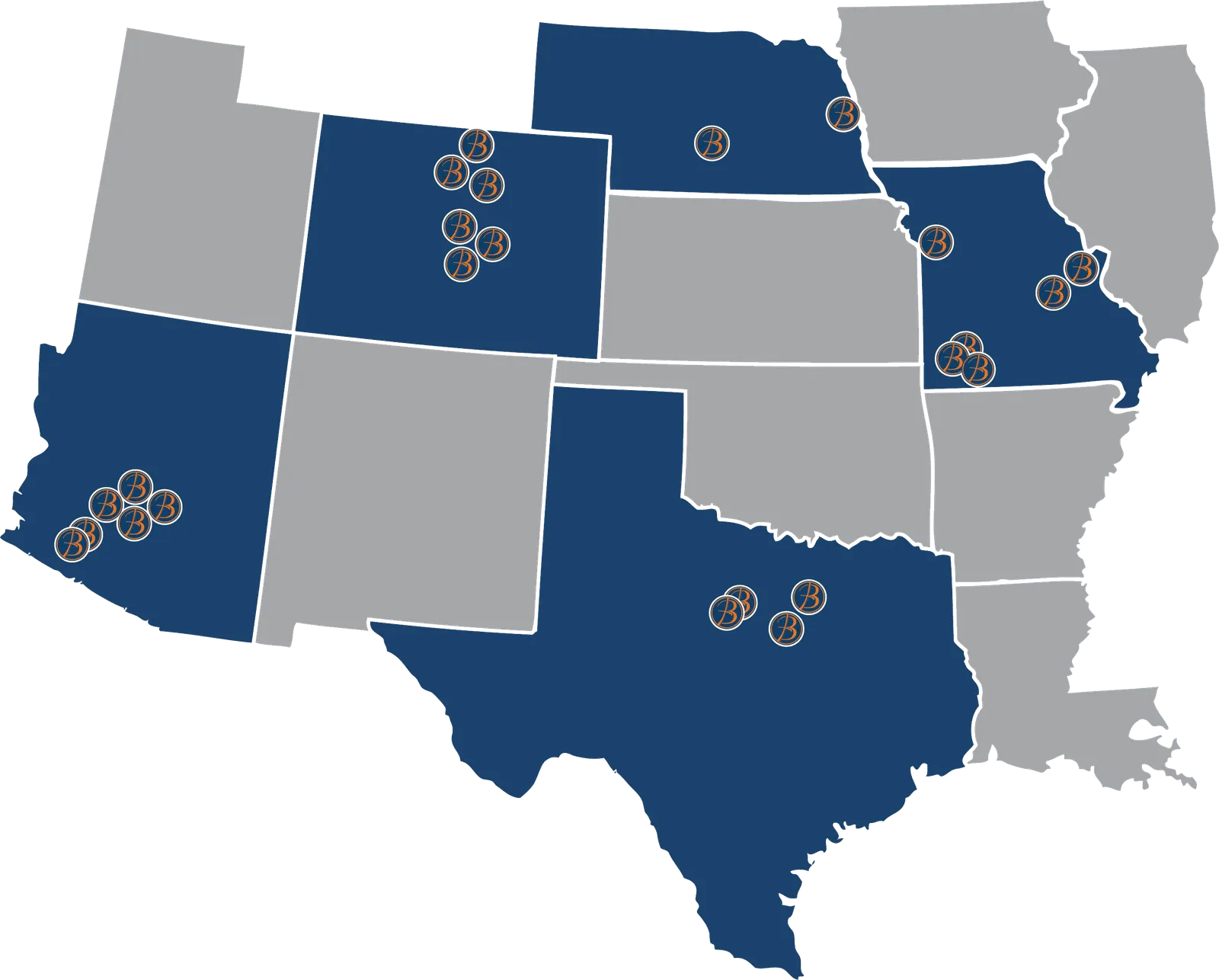Fortunately, there are several simple ways to fit hydration into your lifestyle in your assisted living community. Below, we'll explain why hydration matters for older adults and how much to drink. We'll also reveal some quick, enjoyable tricks for boosting hydration and staying healthy.
Everyone needs to consume enough fluids to keep their bodies functioning correctly. According to the National Council on Aging (NCOA), older adults are often more prone to dehydration because of age-related changes in body composition. These changes can reduce the amount of water in the body. They may also make it harder to regulate your body temperature, causing you to lose more water through sweating when you exercise.
Some people also feel less thirsty as they get older. Therefore, you may not feel the urge to drink often enough — even when your body needs extra fluids. Certain medications can also make you more likely to become dehydrated.
Dehydration increases your risk of falling or injuring yourself. Therefore, developing healthy hydration habits and knowing the signs of dehydration can help you enjoy a safe, vibrant lifestyle in your assisted living community. Common symptoms of dehydration in older adults may include:
How much you need to drink depends on several factors, including your activity levels and medical status. The NCOA recommends drinking a third of your body weight (in pounds) in fluid ounces per day. For instance, a 180-pound person may feel healthiest drinking 60 fluid ounces of water daily.
However, you may need to drink more if you take certain medications or have a medical condition that increases your risk of dehydration. Meanwhile, your doctor may recommend restricting your fluid intake if you have certain conditions, such as kidney or heart disease. For instance, people with heart disease often feel thirsty when they don't need to drink, potentially causing them to drink too much.
Proper hydration is essential all year round, but you may lose more fluids through sweating during hot weather or exercise. Therefore, you may need to drink more than usual during summer, especially if you lead an active lifestyle. On the other hand, cold weather may make you feel less thirsty and increase your risk of dehydration. Some seniors prefer to drink warm beverages, such as herbal teas, when the temperature drops.
Your body can only absorb a certain amount of water at a time. Generally, yellow urine is a sign that your body has enough fluids to stay healthy. If your urine is colorless, you may be drinking too much. Drinking excessive amounts of water can dilute salt and electrolytes in your body and cause health issues.
Determining how much water you need can be challenging. Your medical provider can offer tailored hydration advice to suit your unique needs. Consider speaking to your doctor or the Broadmoor Court healthcare team if you're concerned about hydration or think you may be dehydrated.
Understanding how different beverages hydrate your body can help you make the healthiest choices. Sugary drinks may not be the best choice for rehydration. Research shows that drinking soft drinks when you're dehydrated can worsen your symptoms and increase your risk of kidney problems.
While the NCOA recommends drinking water to stay hydrated, it's not the only option. In fact, research shows that certain beverages may provide more effective hydration than water. During a 2016 study, researchers found that people retain more water when they drink milk or rehydration formulas such as Pedialyte. Therefore, consuming some of your fluids with food or other nutrients may help you stay hydrated as you get older.
Staying hydrated as an older adult can be challenging, especially if you feel less thirsty or struggle to remember to drink. The following tips may be worth considering:
Incorporating a few simple tricks into your lifestyle can help you consume the right amount of beverages for good health.

2045 Roanoke St.
Colorado Springs, CO 80906
Sales & Marketing: (866) 928-5321
Reception Desk: (719) 471-2285


